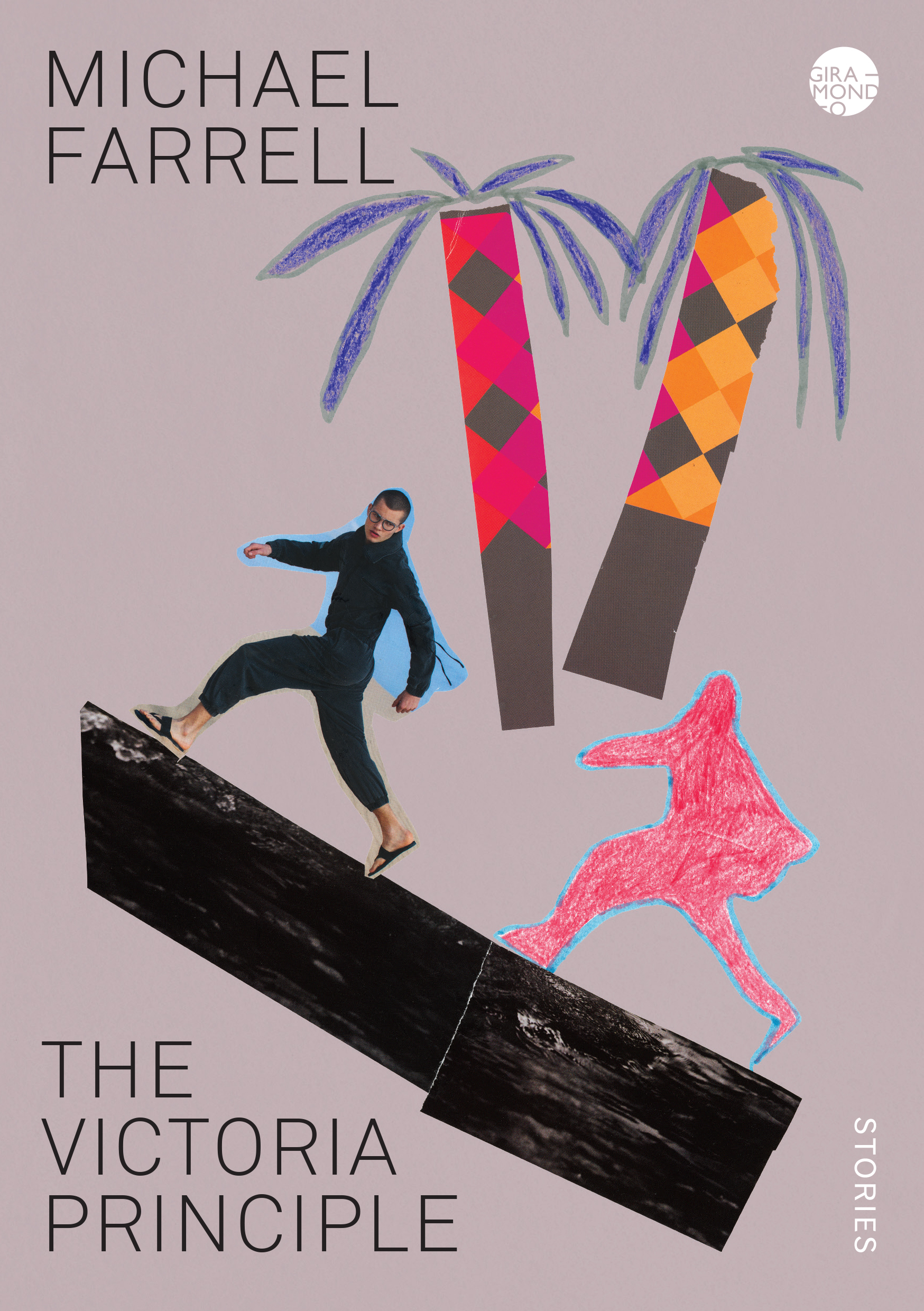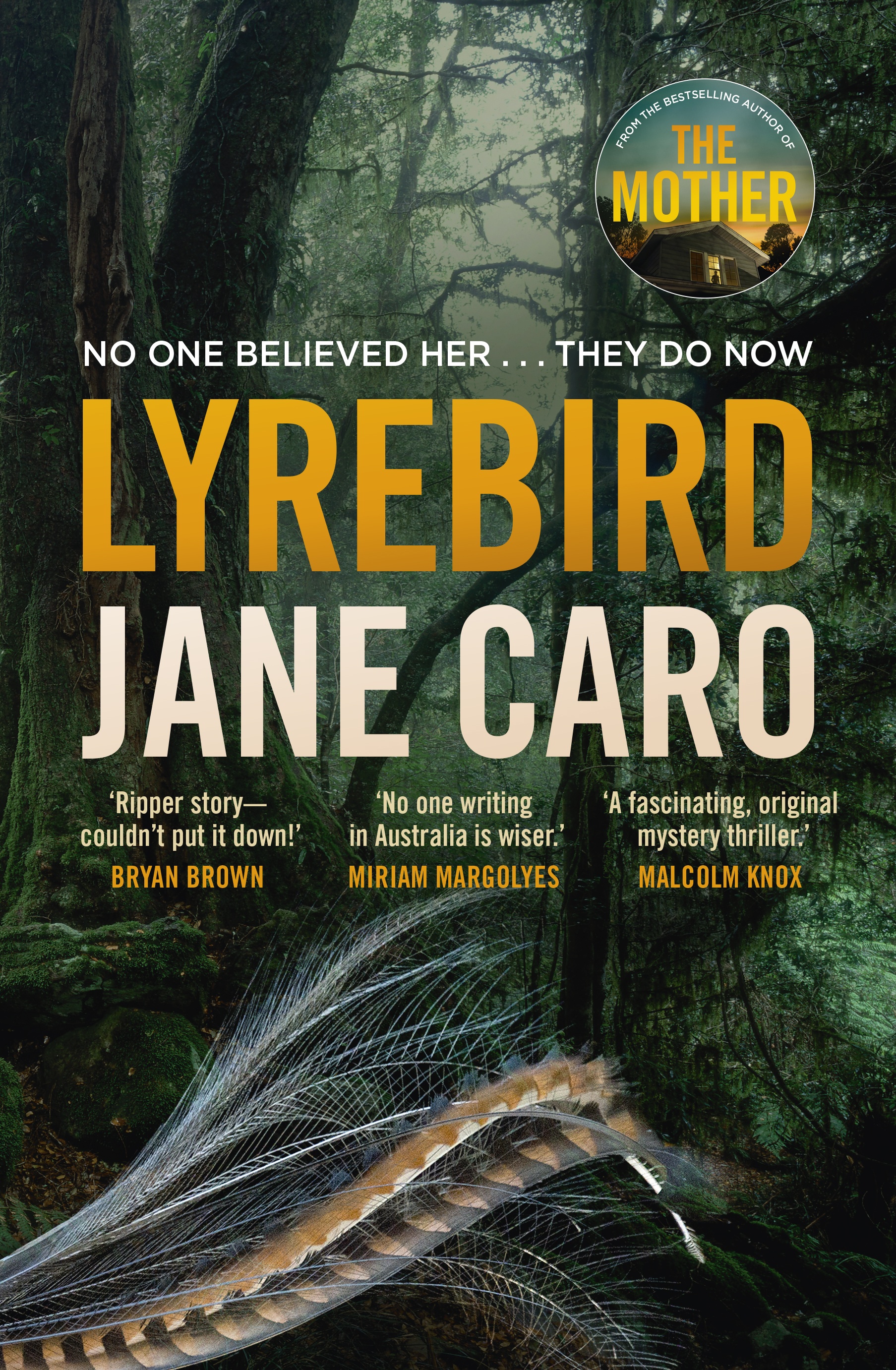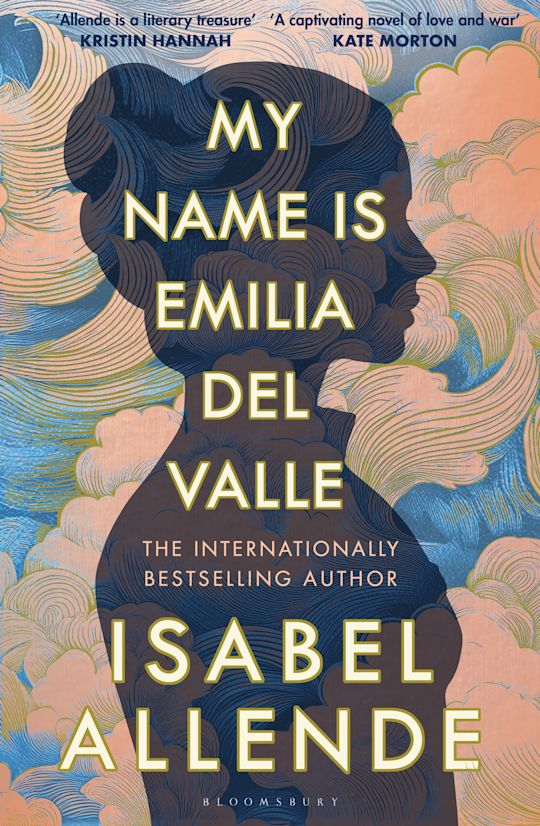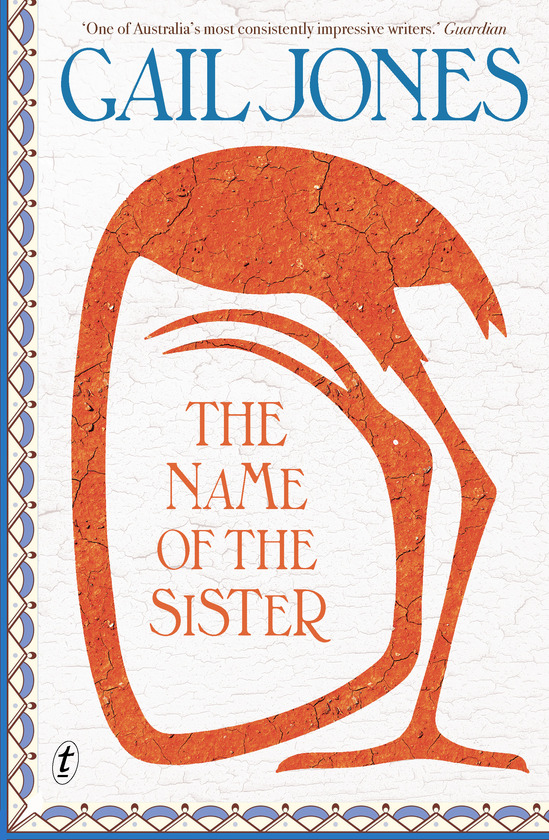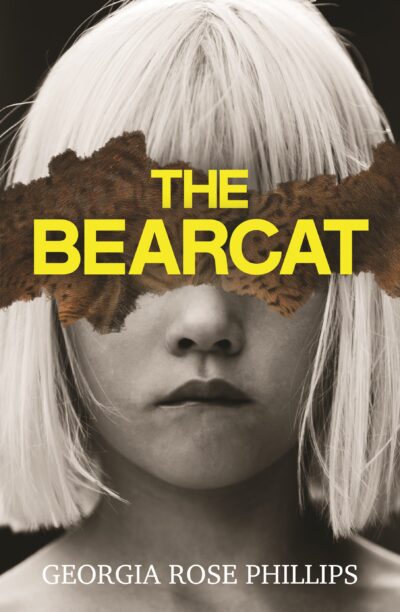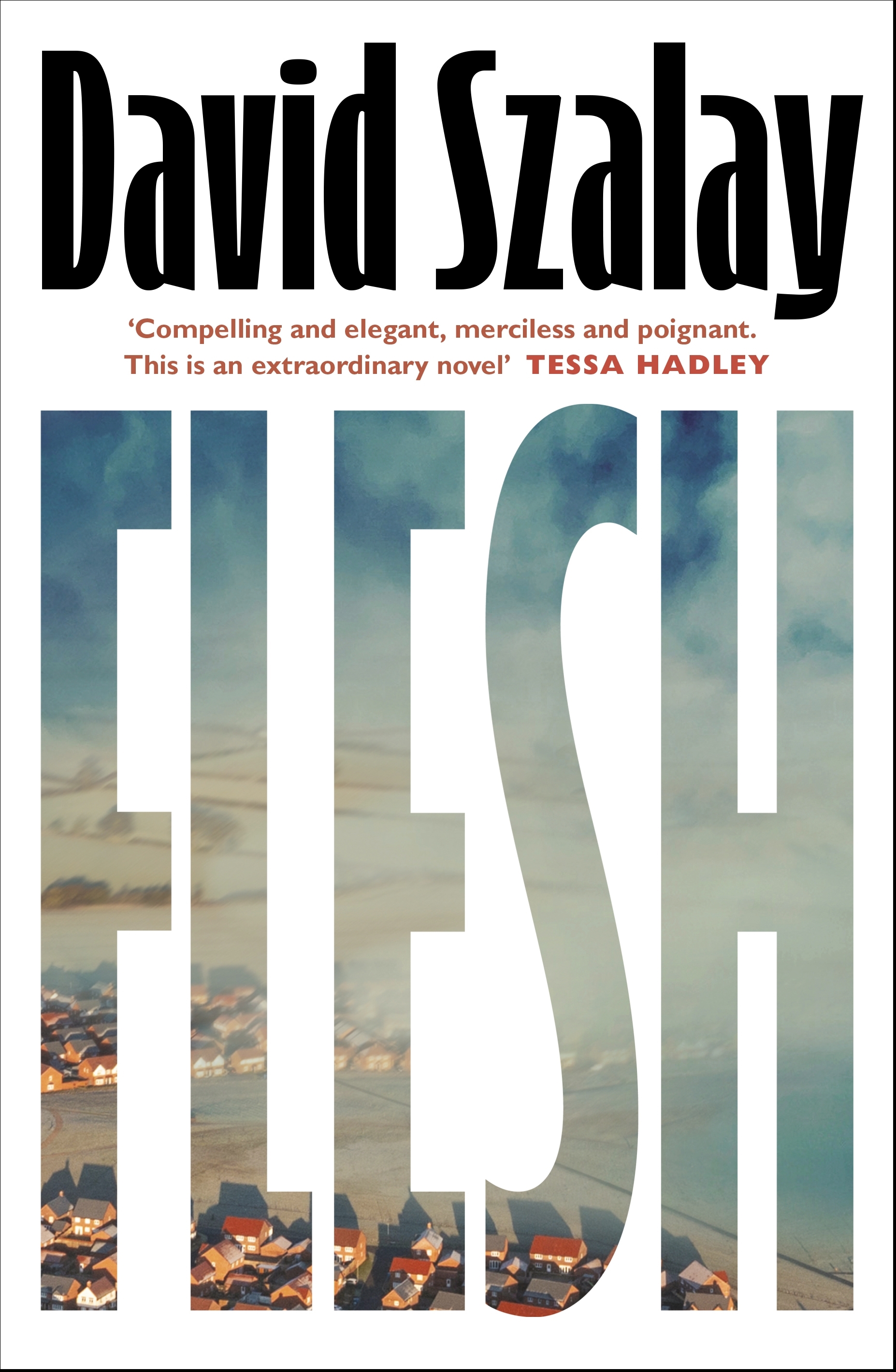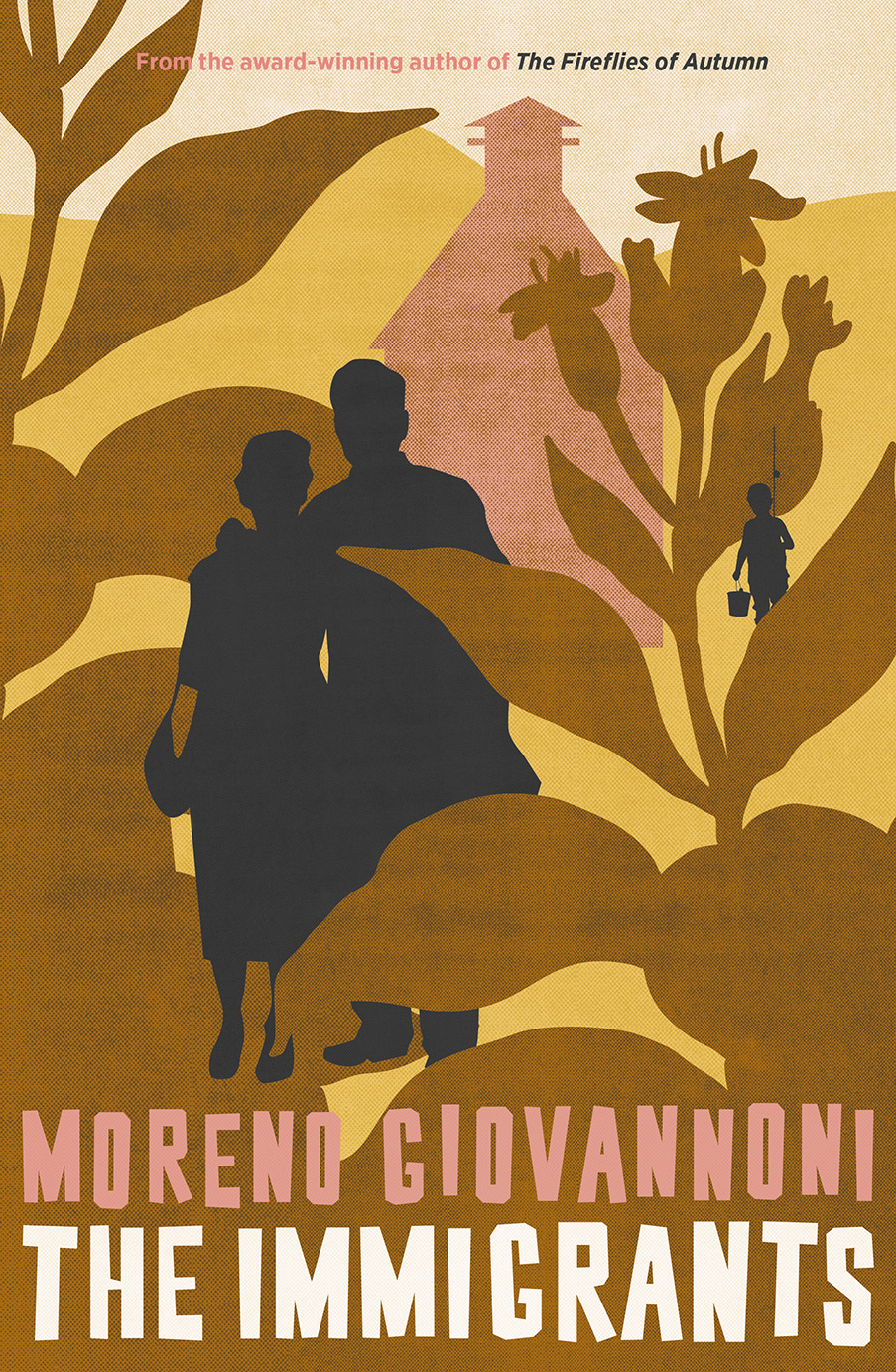Fiction
In one of the later short stories in Michael Farrell’s The Victoria Principle, a man anonymised as ‘Bill’ is prompted by an anecdote recounted in a university swimming pool change room to reflect on possible excuses not to arm-wrestle. This does not seem to have been a topic of interest for Bill previously. Indeed, the narrator concedes that for Bill’s ‘milieus (overlapping academic and creative)’ arm-wrestling was given little thought, if any.
... (read more)Crime fiction is one of the most popular genres worldwide. It caters for a variety of audiences: readers who launch themselves into an intense competition with the detective for who is going to identify the villain first; those who enjoy being thrilled from the comfort of their armchairs; and those who like to be immersed in the social and political issues that arise from confronting investigations. Author of the acclaimed The Mother (2022), Walkley Award-winning journalist and social commentator Jane Caro returns with a second crime novel, Lyrebird, that will appeal to crime fiction enthusiasts interested in delving into major issues of our times, such as gender violence and climate change. The titular bird first appears in the Prologue, when student ornithologist Jessica Weston films its mating dance and song in the remote New South Wales Barrington Tops National Park. Suddenly, a lyrebird mimics an unknown woman screaming for her life in what sounds like Spanish. Terrified, Weston goes to the nearest police station but nobody accepts her video as evidence that a crime has been committed, apart from a junior police detective, Megan Blaxland, who is then asked to close the case. The ‘lyrebird case’ is ignored for twenty years until a landslip reveals a woman’s skeleton in the Burraga Swamps, exactly where the lyrebird danced. Now a retired senior sergeant, Blaxland returns to the police force as a consultant to reopen the case. Blaxland teams up with her original partner, Philip Arlott, and a small team of eager young cops. She is also helped by Weston, who, in the meantime, has become a biology professor and is also the mother of a rebellious daughter, fifteen-year-old climate activist Sheridan. Soon, other bodies are discovered in the Burraga Swamps and the search for a possible serial killer exposes horrific crimes, such as illegal sex work and human trafficking, as bushfires close in on the investigators and suspects.
... (read more)My Name is Emilia del Valle by Isabel Allende translated from Spanish by Francis Riddle
Isabel Allende’s My Name is Emilia del Valle begins in the Mission District of San Francisco in the late nineteenth century and vividly evokes life among ‘that multicolored, polyglot multitude of emigrants’.
... (read more)An unknown woman – traumatised, amnesiac, unable to speak – is found just north of Broken Hill in western New South Wales. Who she is and what happened to her is the question that drives Gail Jones’s twelfth novel, The Name of the Sister.
... (read more)A scanning of programs on any streaming service will reveal that the phenomenon of the cult, both real and imagined, continues to fascinate the public imagination. One notorious historical example, and the subject of recent documentaries and a gripping TV series, is a group called The Family, which operated undetected from the late 1960s for over twenty years in a secluded rural property near Lake Eildon in Victoria. What makes this case so unusual is the fact that its leader was a woman: the glamorous, pathologically narcissistic Anne Hamilton-Byrne. Shockingly, as many as twenty-eight of the victims were children who were subject to brainwashing and sustained physical abuse. Discovered and released in 1987, many of those children suffered lasting trauma and some committed suicide. In a stroke of terrible irony, Hamilton-Byrne never faced justice for her heinous crimes because the law judged the testimony of the children to be unreliable.
... (read more)David Szalay’s characters drift, indifferent and alone, caught in currents of seemingly trivial events that carry them further from comfortable shores. Encounters begin and end without resolution, connections form and dissolve in passing, and only in retrospect, if ever, do scars appear. ‘Are you happy that you’re alive?’ one character asks another in Turbulence (2018), Szalay’s short story collection that circumnavigates the globe via consecutive aviation encounters. The protagonist of each story meets their successor, with ubiquitous woe making Senegalese businessman indistinguishable from Canadian novelist. The twelve travellers crammed into roughly one hundred pages suffer the consequences of globalised relationships, of a single human network in which personal connections are stretched thin and tension ripples far, as their lives are thrown off-kilter by cold gusts of fate. Characters’ sense of their own existence and surroundings is tenuous. One character reflects: ‘It was strange to think that the same people would walk around the same paths tomorrow, without him being there to see them.’
... (read more)The Immigrants: Fabula mirabilis, or, a wonderful story by Moreno Giovannoni
When Moreno Giovannoni, in his first book, The Fireflies of Autumn (2018), produced lines like ‘The Angel of Sadness draped its wings over the village and slept’, it was clear we were dealing with a writer of some poetic sensibility. Indeed, Giovannoni writes about his subjects with such care, tenderness, and gentle humour that it is possible to forget that the life he is depicting was more often than not ‘wretched’. He wrote his first book for two main reasons: to give readers the ‘flavour’ of a place and to depict the ‘travails of migrants’. These are also the reasons for his second book, The Immigrants, in many ways a companion to his first.
... (read more)From whiskey priests and crazed conquistadors to sun-maddened tourists, stories of white exile in South America are staples of Western literature and film. Such tropes are productively complicated in an outstanding début novel by Rachel Morton.
... (read more)Why read a dystopian novel when the present already feels dystopian? In a round-up in The New Yorker of speculative fiction released during the first Trump administration, the historian and critic Jill Lepore criticised the ‘radical pessimism of an unremitting dystopianism … [which] cannot imagine a better future’. Her point was that the genre had become mired in despair and hopelessness; that what had once been a literature of resistance in the age of George Orwell and Aldous Huxley had descended into a ‘fiction of submission’. In her masterful new novel, Salvage (2025), Jennifer Mills offers the antidote that Lepore sought: gleaming speculative fiction with a core of humanism and hope.
... (read more)We meet Matthew Hooton’s narrator Jack as an old man in urban Michigan. Jack has lived his adult life in this mid-western place and has seen the manufacturing boom of the American twentieth century flourish, expand, and collapse. His body struggles with all the mundane realities of old age – a fall that bruises a hip, the struggle to climb out of a car – while he navigates the decline of his beloved wife in a hospice. His mind is elsewhere in time and space, forever captive to the trauma and wonder he lived through as a child in Brazil. He sees imaginary vines trailing the edges of things, searches for papaya at the grocery store, and makes do with Floridian oranges. It is ‘unsettling to live in a nation of plenty’, Jack observes, ‘and yet find oneself constantly seeking substitutes for that which brought the senses alive as a child’. The narrative shifts back and forth along with Jack’s thoughts, focusing largely on his childhood in the 1920s in the bizarre and ultimately doomed settlement founded by Henry Ford in Brazil named Fordlândia. In this outpost of American culture and within Ford’s brand of strict Christian morality, settlers tried and failed to carry out Ford’s dream of cultivating rubber plantations.
... (read more)
